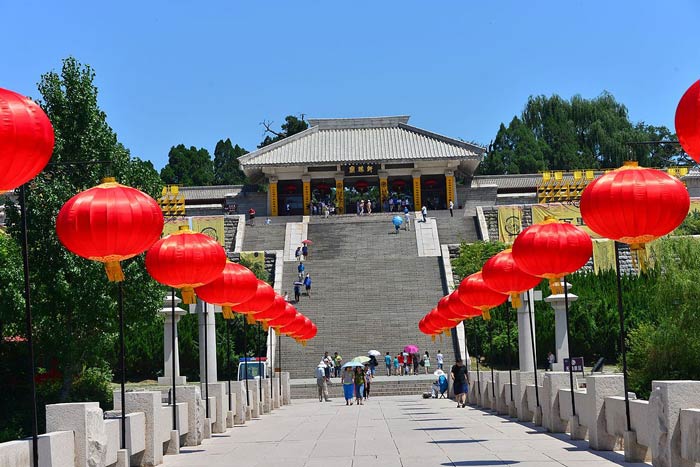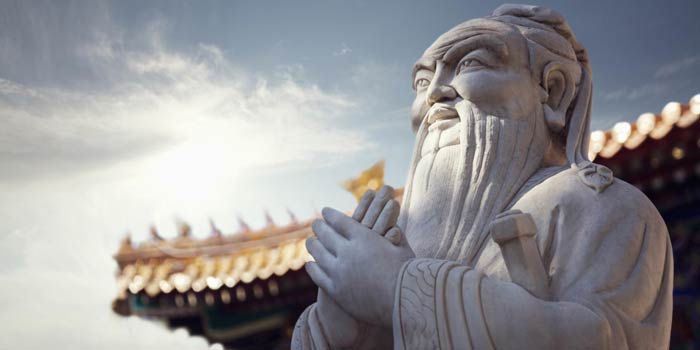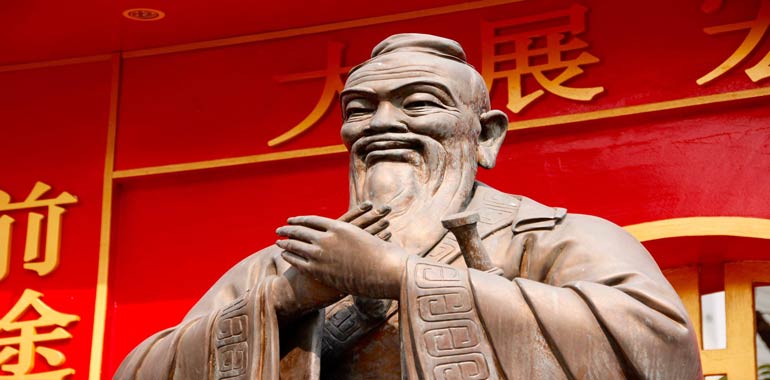Chinese traditional culture core values
CHINESE CULTURAL VALUES DEFINITION:
Chinese traditional culture is a cultural form developed by the Chinese nation from ancient times to the present, is the crystallization of the wisdom of the Chinese nation, and is a manifestation of the historical heritage of the Chinese nation in real life. Chinese traditional culture is not a closed system. Although under the conditions of restricting foreign exchanges in ancient China, it has achieved the compatibility of foreign culture with an open attitude.
The core values of Chinese traditional culture refer to the values that play a leading role in the various values of Chinese traditional culture. The core values of Chinese traditional culture have two meanings: one is the component of Chinese traditional culture, namely the core values of Confucianism, Taoism and Buddhism; the second is the reflection of the traditional Chinese culture formed by Confucianism, Taoism and Buddhism Core values.
THE CORE COMPOSITION OF CHINESE TRADITIONAL CULTURE
1. The core values of Confucian culture can be summarized as self-improvement and morality. Confucian scholars value mission and responsibility. The basis of Confucian secular morality is the real relationship between people in reality. The main means by which Confucianism achieves this goal is secular education. Therefore, in the face of the moral construction of today's Chinese society, Confucianism and Confucianism play their powerful educational functions.
2. The core values of Taoist culture can be summarized as the Taoist nature and the happy things. Taoism consciously abides by the laws of rules and movements, as well as the realm of freedom achieved by those who consciously abide by rules and laws.Taoism's contribution to Chinese culture is more important than Confucianism. It is only in the political ideology that "Confucianism" is the appearance and "Tao" is the essence. The deep thickness and dialectic of Taoism in theoretical ability provide a source of creativity for all other traditions in Chinese philosophy. As for the influence of Taoist culture in Chinese music, painting, literature, and sculpture, it is dominated by absolute superiority. Taoist philosophy also provides an active space for Chinese political activities, so that Chinese intellectuals will not be obsessed with the pursuit of officialdom and the life of the Confucian-based political ideals. It will be easier to find the way to advance and retreat, and understand the difference between wisdom.

3.The core values of Chinese Buddhism can be summarized as compassion and universality. To be free from all kinds of pains, we must eliminate all kinds of desires and reach a state of pure silence.Since the introduction of India into China, it has had a wide-ranging influence in society, especially in the field of ideology and culture, since the fourth century AD. By the 7th century to the ninth century, Buddhism had formed many Buddhist sects and theories with Chinese characteristics, and had profound influence on various fields such as Chinese culture, art, and philosophy.

4. When traditional Chinese cultures deal with the relationship between other cultural traditions, they generally reflect the convergence of different values. Confucianism, Taoism and Buddhism have isomorphism in many aspects such as ideal personality, ideal realm, and practice methods, so they can integrate and communicate with each other to achieve harmonious coexistence. The ideological traditions and value pursuits of the three cultures are extremely heterogeneous, and thus they cannot achieve complete assimilation. Confucianism is the main body of Chinese traditional culture, while Taoist and Buddha are the Confucian texts. It has become an important part of Chinese traditional culture.
ATTITUDE TOWARDS CHINESE TRADITIONAL CULTURE
Traditional culture is the crystallization of thousands of years of experience and wisdom of the ancient Chinese sages. In the entire Chinese traditional culture, ethical thought runs through. It is a leading thought of Chinese traditional culture, which is the consistent pursuit of the good and evil of the good, the pursuit of lofty ideology and morality, the longing for the ideal moral personality, and the cultivation of good spiritual sentiments. In the relationship between people and people, one must have the creative spirit of self-improvement, self-improvement and proficiency, but also have a broad mind to put yourself in the shoes of others and to love others as yourself. The Chinese government should actively guide traditional culture to adapt to the market economy system and cultivate people and civil society groups that can inherit traditional culture. It is necessary to formulate a strategic route for the protection, development and revival of traditional culture. It is necessary to strengthen publicity to clear the bottlenecks that restrict the protection and revival of traditional culture.
College students should keep a clear head in traditional culture, form a concept that is proud of Chinese traditional culture, and insist on understanding traditional culture. Consciously learn and promote and spread traditional culture, and insist on using traditional culture to constrain their behavior. In addition to developing a correct sense of social public morality, college students can also enrich the complete campus culture atmosphere, and put traditional culture in various forms of campus activities, such as activities such as classical reading. Students are both happy and able to participate in a wide range of Chinese cultural activities. They are both fascinating and subtle. Through deep understanding of the rich cultural atmosphere, the essence of traditional culture contained in cultural activities is internalized and sublimated in everyone.




